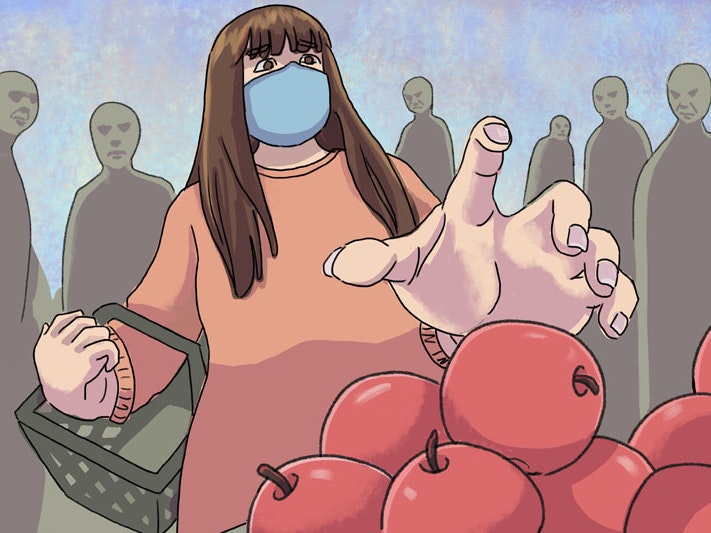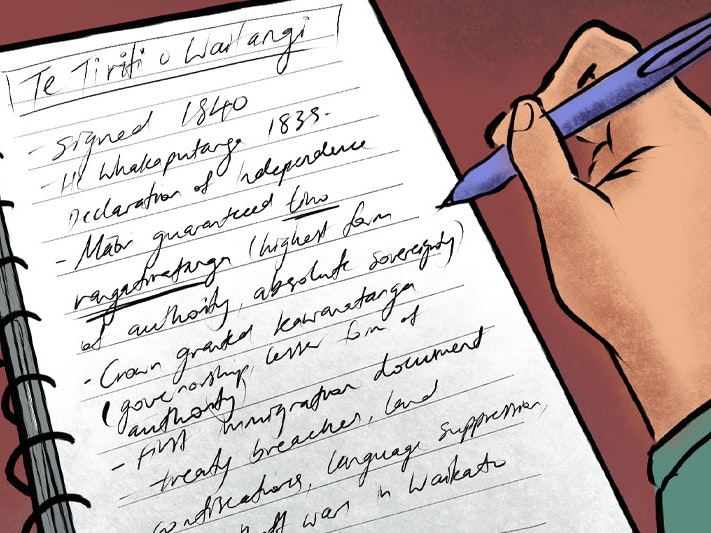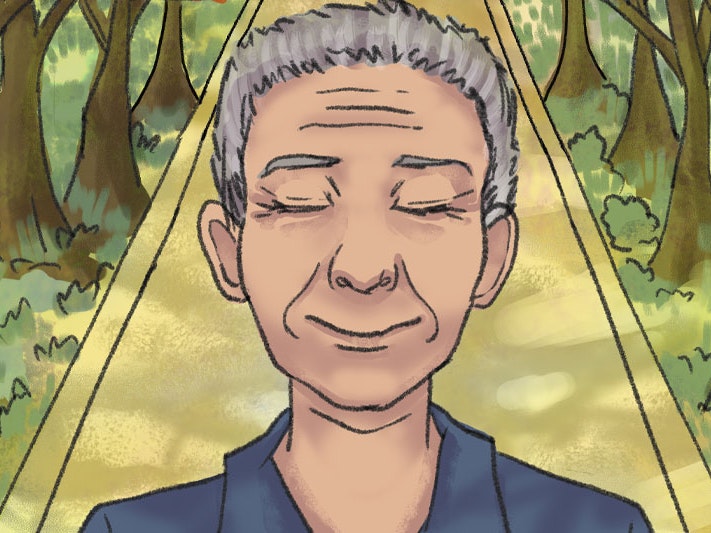
The Worlds I Live In
Wuhanese international student Xinyi makes an anxious, memorable trip to the supermarket during the first nationwide lockdown in March 2020.
Free museum entry for New Zealanders and people living in New Zealand
Open every day 10am-6pm
(except Christmas Day)
Free museum entry for New Zealanders and people living in New Zealand
During the Covid-19 pandemic, Andi is forced to move back in with their family. There, they find within themselves an unexpected hope and clarity emerging from uncertainty.
用简体中文阅读这篇漫画 (Simplied Chinese)
用繁體中文閱讀這篇漫畫 (Traditional Chinese)
Click the expansion arrow to open this slideshow in full-window view. The panels in the English-language comics have a descriptive caption for screenreaders.

Wuhanese international student Xinyi makes an anxious, memorable trip to the supermarket during the first nationwide lockdown in March 2020.

Lisa struggles to manage both home-schooling her children and completing her own studies amidst the ongoing global crisis. Navigating these challenges as a single mother and Taiwanese New Zealander leads to a powerful personal awakening.

Three generations of James’s family take the opportunity to delve deeper into their shared familial and cultural heritage during Alert Level 3.